Cuba’s May 20th: A Legacy of Struggle and Resilience
Related Articles: Cuba’s May 20th: A Legacy of Struggle and Resilience
Introduction
With great pleasure, we will explore the intriguing topic related to Cuba’s May 20th: A Legacy of Struggle and Resilience. Let’s weave interesting information and offer fresh perspectives to the readers.
Table of Content
Cuba’s May 20th: A Legacy of Struggle and Resilience

The 20th of May holds a profound significance for Cuba, marking the anniversary of the country’s declaration of independence from Spain in 1898. This day serves as a powerful reminder of the nation’s arduous journey towards freedom, a path paved with sacrifice, determination, and the unwavering pursuit of self-governance.
A Century of Colonial Rule and the Seeds of Revolution
Cuba’s history is deeply intertwined with Spanish colonialism, a period spanning over four centuries. While the island’s rich natural resources and strategic location attracted Spanish interest, the colonial administration’s policies often prioritized exploitation over the well-being of the Cuban people. The rigid social hierarchy, economic disparities, and suppression of cultural expression fueled discontent and laid the groundwork for a burgeoning independence movement.
The Cry of Yara and the Ten Years’ War
The first spark of rebellion against Spanish rule ignited in 1868 with the "Cry of Yara," a call to arms led by Carlos Manuel de Céspedes. This marked the beginning of the Ten Years’ War, a brutal and protracted conflict that showcased the Cuban people’s unwavering commitment to freedom. Though ultimately unsuccessful, the war served as a catalyst for international awareness of Cuba’s plight and galvanized the movement for independence.
The Second War of Independence and the Role of José Martí
The second wave of rebellion, known as the Cuban War of Independence, erupted in 1895. This time, the struggle was led by José Martí, a renowned poet, journalist, and revolutionary who envisioned a free and independent Cuba. Martí’s powerful writings and unwavering commitment to social justice inspired the Cuban people and rallied international support for their cause.
The United States Intervention and the Treaty of Paris
The Cuban War of Independence coincided with the Spanish-American War, a conflict that ultimately led to Spain’s defeat. The United States, which had long harbored ambitions for Cuban territory, intervened in the war, ultimately securing a decisive victory for Cuba. The Treaty of Paris, signed in 1898, officially granted Cuba its independence, but with a caveat: the United States would retain significant control over Cuban affairs through the Platt Amendment.
The Platt Amendment and the Road to True Independence
The Platt Amendment, imposed upon Cuba by the United States, granted the latter the right to intervene in Cuban affairs, establish naval bases on the island, and control Cuban foreign policy. This effectively undermined Cuba’s sovereignty and fueled resentment among the Cuban people. The struggle for genuine independence continued, culminating in the Cuban Revolution of 1959, which finally liberated the country from the lingering influence of the United States.
May 20th: A Celebration of Freedom and Resilience
May 20th is a day of national pride and remembrance, a time to reflect upon the sacrifices made by countless Cubans in the pursuit of liberty. The celebrations on this day are a testament to the nation’s resilience and its enduring spirit.
Beyond the Celebrations: The Ongoing Challenges
While Cuba has achieved significant strides in education, healthcare, and social development, the country continues to face numerous challenges. The ongoing economic embargo imposed by the United States has significantly impacted Cuba’s economic growth and its ability to access global markets.
The Importance of May 20th: A Legacy of Resistance and Hope
May 20th is not merely a commemoration of a historical event; it is a potent symbol of Cuba’s unwavering commitment to self-determination and its enduring struggle for justice and equality. The day serves as a reminder of the sacrifices made by generations of Cubans and their unwavering belief in the power of unity and resistance.
FAQs about May 20th
Q: What events led to the declaration of independence on May 20th, 1898?
A: The declaration of independence on May 20th, 1898, was the culmination of a long and arduous struggle for freedom. The Cuban War of Independence, which began in 1895, played a crucial role, as did the intervention of the United States in the Spanish-American War. The Treaty of Paris, signed in 1898, officially granted Cuba its independence, though the Platt Amendment imposed by the United States limited Cuba’s autonomy.
Q: What are the main celebrations held on May 20th in Cuba?
A: May 20th is a national holiday in Cuba, marked by a range of celebrations. The day typically features parades, cultural performances, historical reenactments, and speeches by government officials. Flags are flown proudly, and there is a strong sense of national pride throughout the country.
Q: What are some of the challenges facing Cuba today?
A: Cuba faces a number of ongoing challenges, including the economic embargo imposed by the United States, which has severely impacted the country’s economic growth and its ability to access global markets. Additionally, Cuba continues to grapple with issues related to poverty, inequality, and the need to modernize its economy.
Tips for Understanding and Celebrating May 20th
- Learn about the history of Cuba’s independence movement: Familiarize yourself with the key figures, events, and struggles that led to Cuba’s independence.
- Explore Cuban culture and art: Immerse yourself in Cuban music, dance, literature, and visual arts, which reflect the country’s rich cultural heritage.
- Engage with Cuban perspectives: Seek out and consider diverse viewpoints on Cuba’s history, present-day challenges, and future aspirations.
Conclusion
May 20th serves as a potent reminder of Cuba’s long and complex journey toward independence. It is a day to celebrate the nation’s resilience, the sacrifices of its people, and the enduring spirit of freedom. While challenges remain, Cuba continues to strive for a future where its people can flourish and contribute to a more just and equitable world.

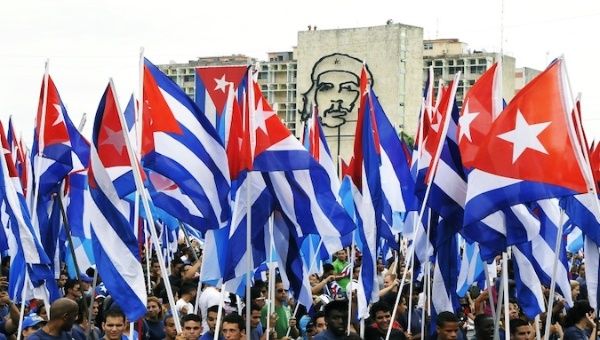
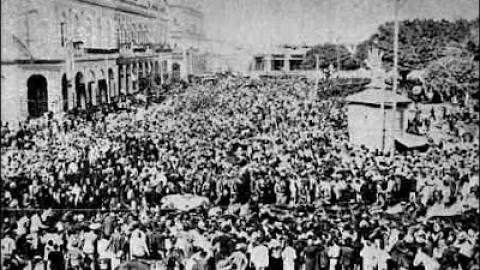
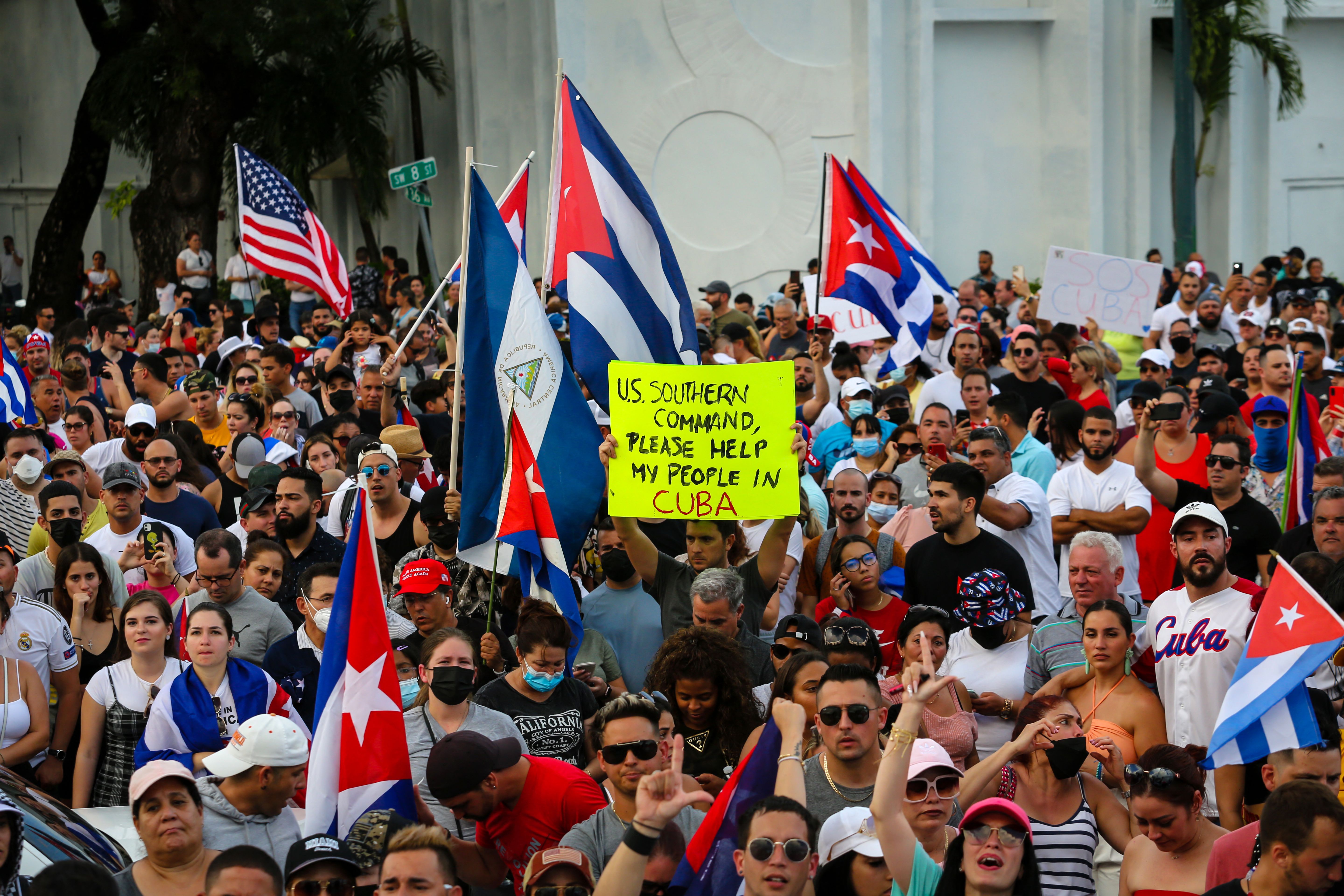
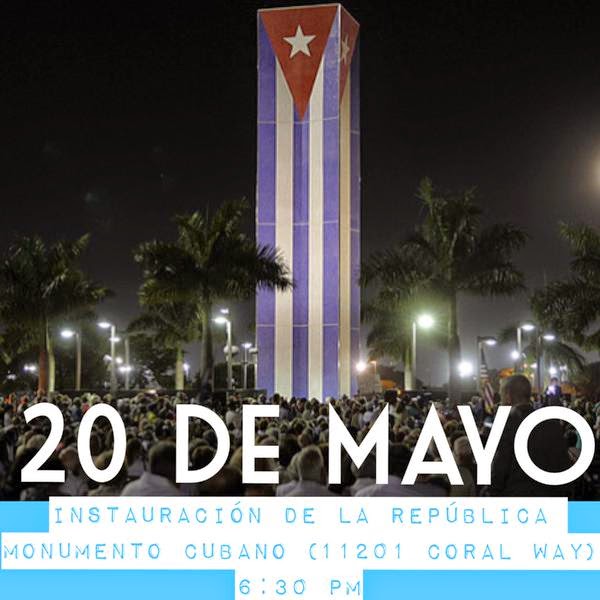

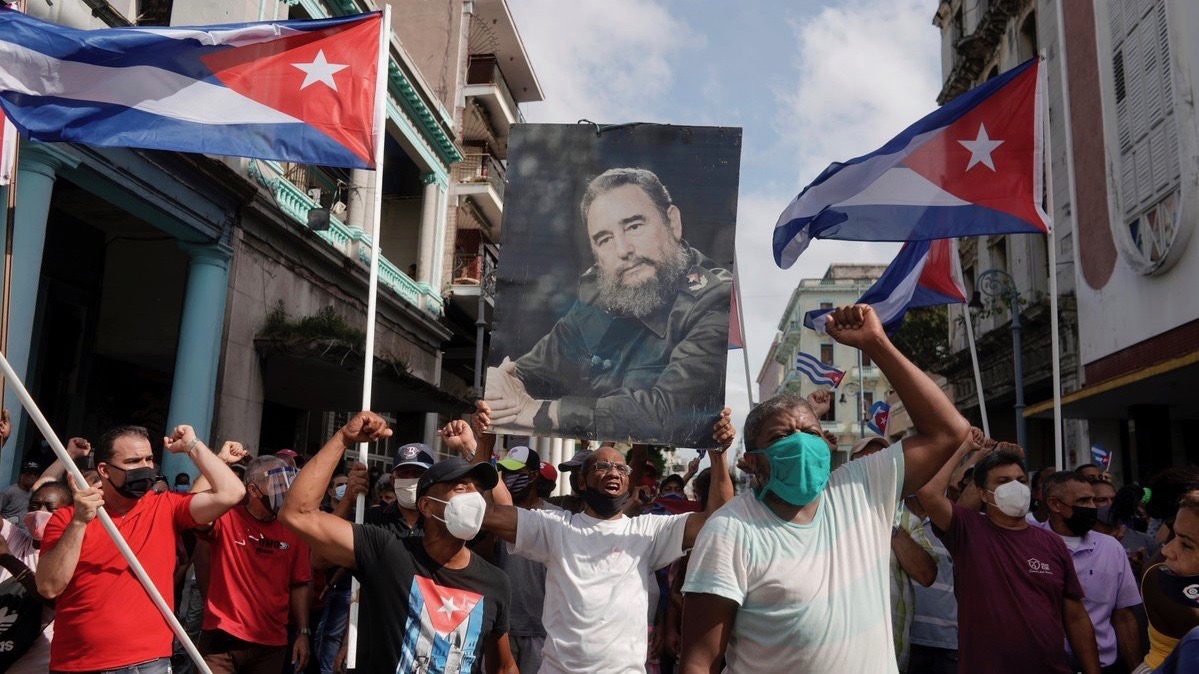

Closure
Thus, we hope this article has provided valuable insights into Cuba’s May 20th: A Legacy of Struggle and Resilience. We thank you for taking the time to read this article. See you in our next article!